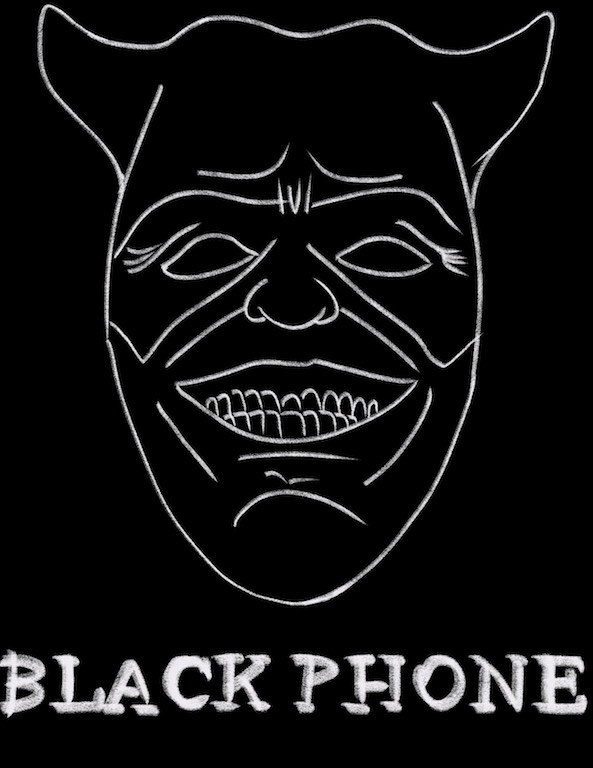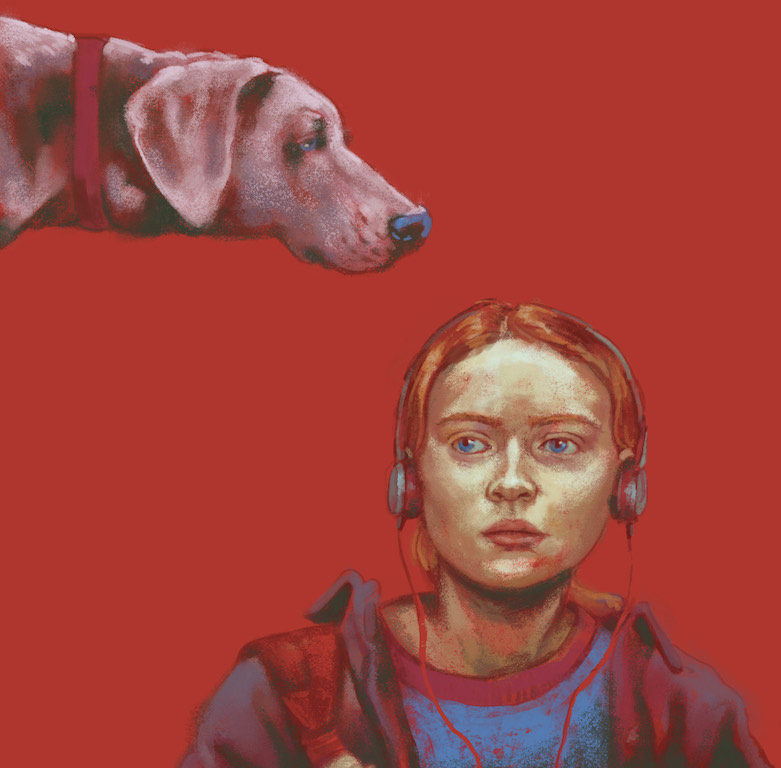Mexican writer-director Michael Franco’s latest film, Sundown, is an artistic thriller steeped in melancholy and routine. The 123-minute drama focuses on a mysterious man named Neil, played exceptionally by Tim Roth. Neil carries with him a painful yet mesmerizing depiction of depression, while his interactions with Beatrice, played by Lazua Larios, and his wife Alice, played by Charlotte Gainsbourgh, add interesting wrinkles to his character. Overall, all the actors have rather strong performances, though none so much as Gainsbourgh. Albeit her appearances are more sparse than anticipated, her acting is the most powerful and sincere as she claws forward through a trying time.
From the outset, Franco engages the audience in the mystery of Neil. We spend most of the film trying to understand Neil’s inner-workings, especially in regards to his decision to abandon his family. The traditional relationship dynamics we expect are subverted, thus challenging our perception of typical societal norms. Franco is also successful in creating a world that feels incredibly grounded and believable. Whether he’s filming the city streets, the locals up-selling at the beach, or visualizing the loneliness of the hotel, the mundane realism of it all is captivating. Combine this with cinematography that artistically flourishes while remaining connected to the piece, and you have a truly immersive film. The small sense of nothingness Franco manages to create in the beginning provides a foundation for later surreal moments in the film to fit and thrive in.
These touches, key-word – almost – make me forgive later moments in the film that don’t always feel in sync with the story. Later plot twists feel somewhat forced and gimmicky to keep us on edge, rather than being natural thought-provoking occurrences. The twist also distracts from established themes in the film like certainty and isolation. Even the surrealism that comes forth is never fully realized, although it is certainly welcomed. The same can be said about the characters, especially Beatrice, who I desperately wanted to know more deeply about. Even despite the strong performances, each character’s development feels somewhat flat. Captivating as they are, their progression doesn’t contain much of a curve.
With that being said, do not mistake these shortcomings for a bad film. It’s an ambitious effort that warrants enough respect to forgive its faults. It also does some things with such honesty that will leave you wanting more. Although Sundown’s ending doesn’t give any clear answers, it leaves one with a lot to ponder. In fact, a man hollered at me as I was stepping out of the theater, “Did that make any sense to you?” For me, the experience was worth it. But then again, this isn’t going to be everyone’s cup of tea. If you’re still on the fence about seeing this movie, consider the title, and know that it’s about the way life can fade. I’ve done all I can to guide you this far. Make your choice.
3/5




